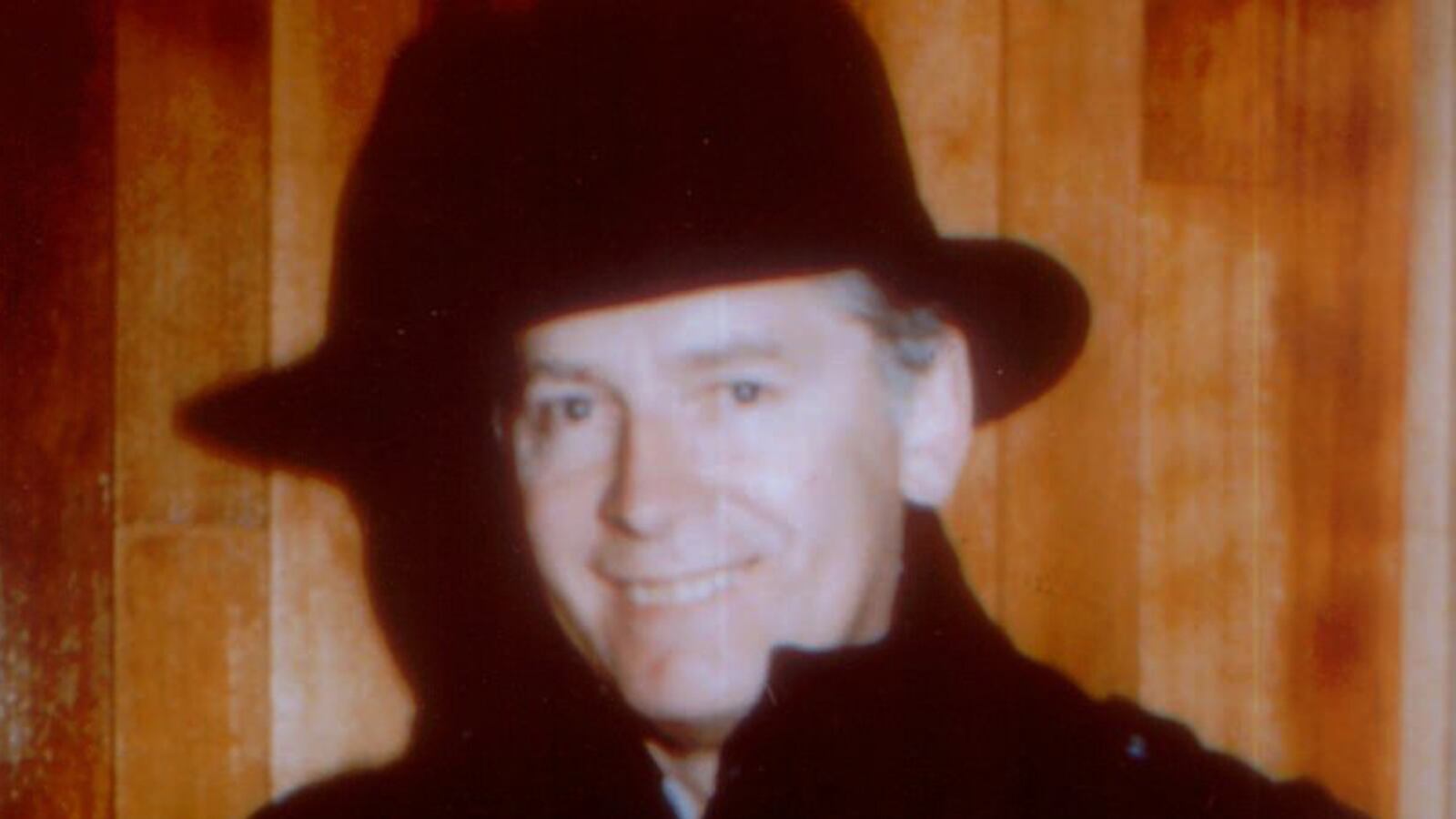When legendary mobster James “Whitey” Bulger, 81, was nabbed earlier this week after nearly 16 years on the lam, it appeared to some as though the door slammed shut on the longest running show in the American underworld.
Even in his prime, from the mid-1970s to the mid-1990s, Bulger was a throwback. His criminal reign harkened back to the days of Jimmy Cagney and the Warner Bros. gangster movies of the 1930s. He was Irish American, his racketeering operation rooted in the insular, Old World neighborhood of South Boston. Though sometimes charming, with a carefully cultivated reputation as a “gentleman gangster” who looked out for the neighborhood, Bulger was, above all, psychotically vicious.
Even while in his sixties, with a stature that afforded him the opportunity of designating underlings to do the “dirty work” for him, Bulger preferred to kill people with his own hands. One of his more recent killings was of a young woman, the ex-girlfriend of his criminal partner. Whitey allegedly strangled her with his bare hands. Another murder victim of Bulger's, after being shot in the head by Whitey at close range, had his teeth pulled out of his head by the aging mobster with a pair of pliers, so that the body could not be identified by dental records.
Whitey was violent, but he was also thought to be wily. Part of his legend had to do with the fact that, unbeknownst to even his closest criminal associates, he had served as a Top Echelon informant for the FBI. Whitey provided information to the Feds, and they in turn provided information to him. Armed with inside information, Bulger outmaneuvered rival Mafiosi and dodged local criminal investigations. To some in the Boston underworld, it appeared as though Bulger was more powerful than God.

In sunny Santa Monica, California, just a few blocks from the glistening Pacific Ocean, Bulger and his longtime girlfriend, Catherine Greig, 60, had seemingly found their Shangri-La. Under the assumed names of Charles and Carol Gasko, they strolled the beach and the Third Street Promenade in Santa Monica like any number of mature couples who had left the urban hustle of their native cities behind to retire to the gentle climes of Southern California.
The fact that there was a bounty of $2 million on the head of Bulger and his girlfriend did little to mitigate the banality of Bulger’s life on the run. After disappearing in 1995, facing multiple racketeering charges—including 19 counts of murder—Whitey became the proverbial ghost in the closet. His criminal career was routinely profiled on TV shows like America’s Most Wanted and Unsolved Mysteries, and still he remained at large. The FBI task force assigned with the job of tracking Bulger down periodically announced that there were “credible sightings” of the mobster in locales as widespread as England, Ireland, Canada, Prague, and southern Louisiana. But now we are told that he was hiding in plain sight, living at the same location—a modest apartment complex near Washington Avenue and Third Street in the City of Angels—for the last 15 years.
According to the FBI, the capture of Bulger came as a result of a new strategy, recently launched, to shift focus from Bulger himself to his girlfriend. A media campaign commenced; photos of Greig and information about her personal habits were circulated in the media, with a phone number to call with information. The $2 million reward was also mentioned.
In a press conference announcing the pair’s capture, an FBI spokesman claimed that the task force was contacted with a tip about a woman who appeared to be Greig. They staked out the apartment where the woman in question lived. Lo and behold, they had indeed stumbled upon Greig and Bulger. Greig was arrested on the street outside the apartment. Bulger was lured outside and arrested without resistance.
Inside the apartment the agents found $800,000 in cash and also an arsenal of 30 guns, including semi-automatic handguns, rifles, and a sawed-off shotgun.
To some, it was hard to believe that Bulger had been captured. With his bald head and full white beard, he appeared grandfatherly and harmless, though, upon closer inspection, his mug shot reveals the same cold and steely blue eyes for which he was famous on the streets of Southie.
By Friday, Bulger was back in his native Boston standing before a Federal judge who asked, “Can you afford a lawyer?” Answered Bulger, “Well, I could if you gave me my money back.” Bulger was referring to the cash seized in his apartment. Authorities contend that Bulger has untold millions in criminal assets stashed in bank accounts around the globe. A recent FBI account estimated his worth at $50 million.
Among those seated in the courtroom at Bulger’s hearing on Friday was his brother William “Billy” Bulger, 78. For decades, there was no politician in the state of Massachusetts more powerful than the younger Bulger, who rose from being a representative from Southie to president of the state Senate. His rise to power in state politics paralleled the rise to power of his gangster brother, leading some to surmise that Billy had to be “connected.” Frequently investigated but never indicted, Billy was, in 2004, forced to resign from a cushy retirement job as president at the University of Massachusetts because of his brother’s tawdry reputation.
In the courtroom, the two Bulger brothers—who, presumably, have not seen each other in 16 years—shared a glance and a smile that seemed to encapsulate the mostly unspoken bond between the two that has spanned a lifetime.
The story of the two brothers has always been, and still is, deeply intertwined, as is the story of another man who was not present in the courtroom. John Connolly, also a child of Southie, was an FBI special agent who acted as Whitey Bulger’s handler with the FBI. Connelly is currently in prison in Florida on racketeering and murder charges stemming from his relationship with Bulger.
There are those in Southie and elsewhere who feel the FBI never really wanted to catch Bulger, given what he might know about the nexus between crime, politics, and law enforcement in the state of Massachusetts and the Boston office of the FBI. As Bulger appeared in court, the entire city quivers in expectation of what he will do next. Will Whitey cooperate with the Feds and begin supplying information on what he knows about 30-plus years of corruption in the city and state? Or will he plead not guilty, thus bringing about a massive criminal trial that would be one of the most sensational court proceedings in the history of the state, an epic casting call of gangsters, victims, cops, agents, politicians, and fellow travelers spanning over nearly a half century of Boston history.
It may be true that with the apprehension of the most-wanted gangster in America, the final chapter has been written on the criminal career and lamster’s life of James Bulger. But the epilogue to that story has the makings of a historic coda.






